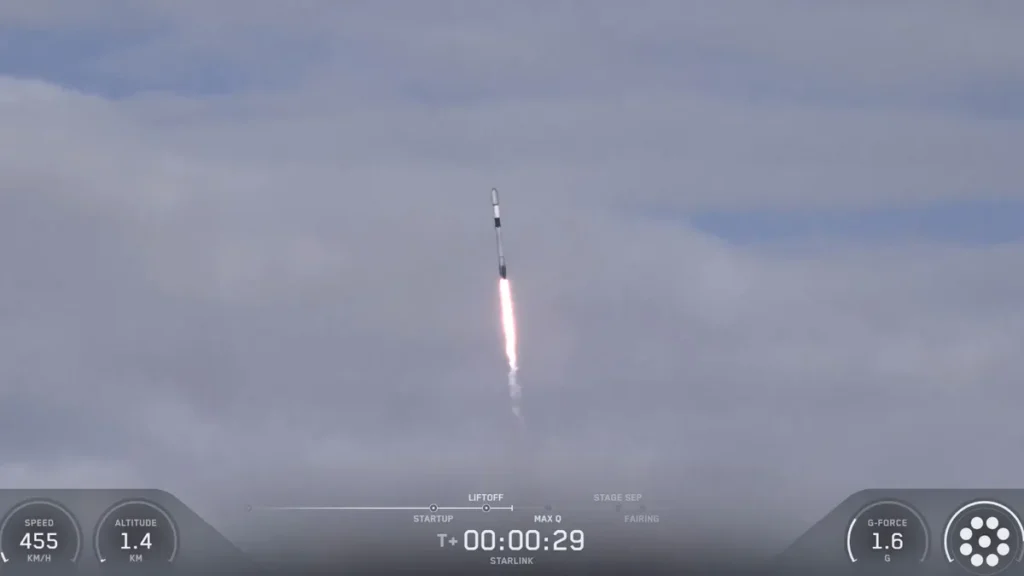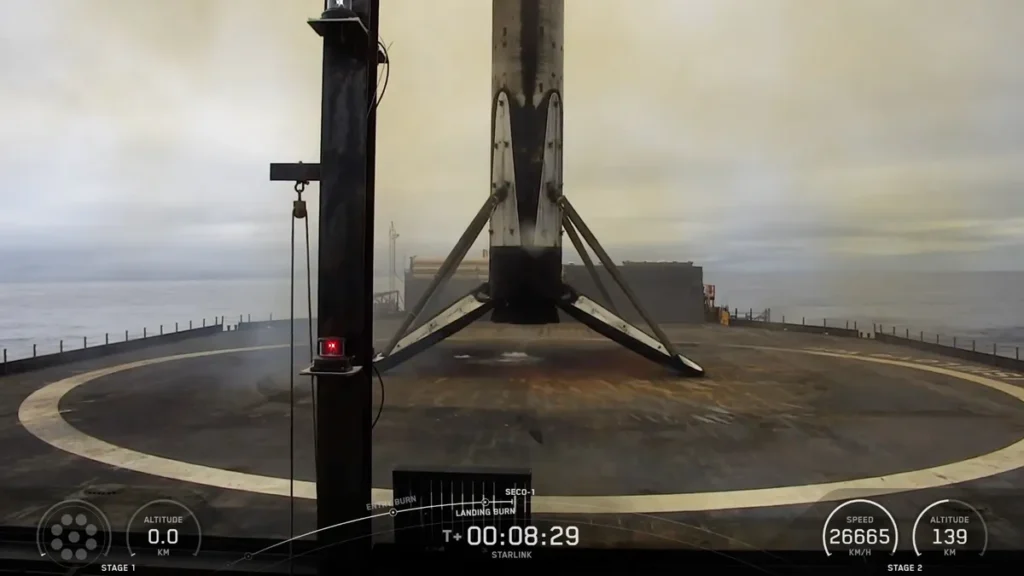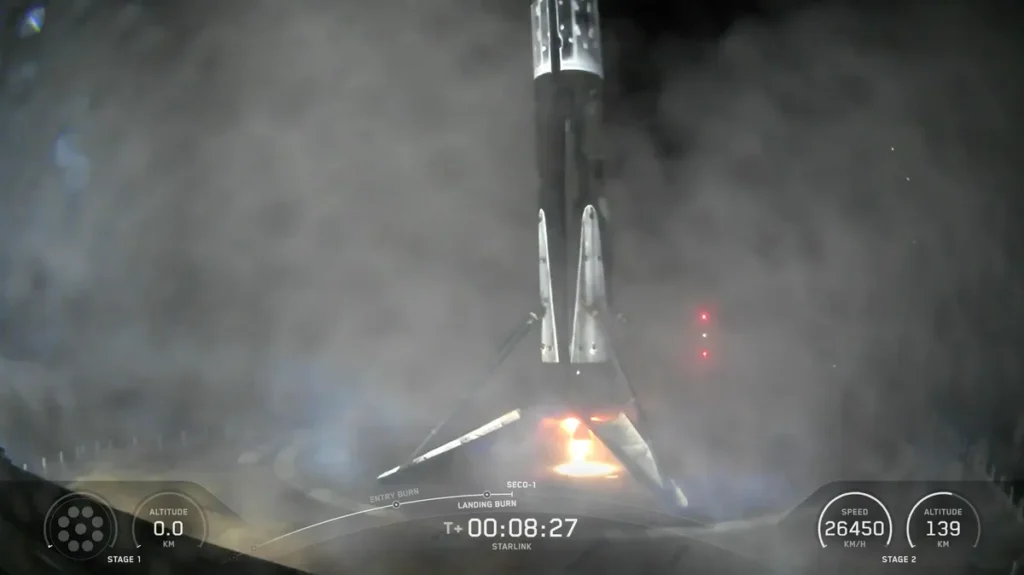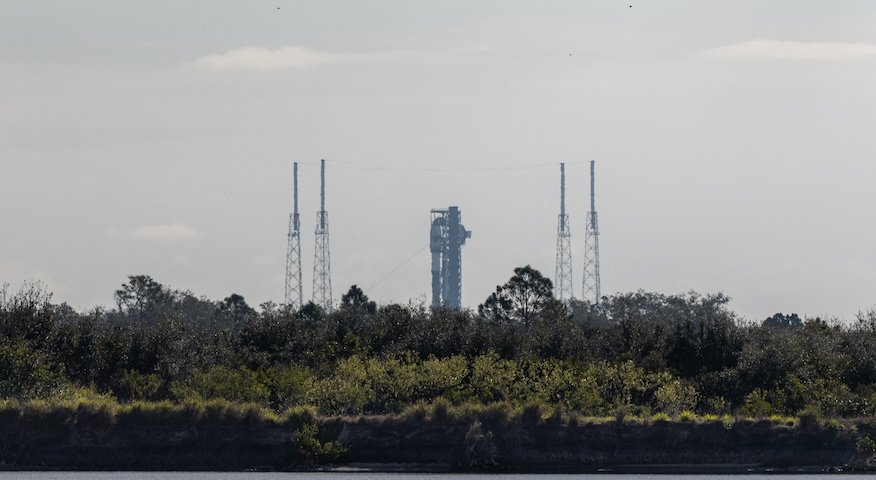The SpaceX launch is marketed as progress, spectacle, even salvation. But let’s be clear: every SpaceX launch is more than science fiction come alive—it is a geopolitical chess piece dressed as innovation. The mainstream sells it as a triumph of engineering. I see it as a dangerous consolidation of power, where private ambition eclipses public oversight.
Context: the mainstream narrative
According to the dominant storyline, SpaceX embodies the spirit of human exploration. Elon Musk’s company is framed as the pioneer that revives America’s supremacy in space, cutting costs with reusable rockets and preparing humanity for Mars. Media headlines echo the same mantra: SpaceX launches bring us closer to the stars, democratizing access to space.
The data seems to confirm it. Falcon 9 and Falcon Heavy dominate global commercial launches. NASA relies on Musk’s rockets. The Pentagon signs contracts for defense payloads. And each successful liftoff becomes a televised celebration of technological progress.
Oppositional Argument: the myth of liberation
But is it truly liberation, or privatized control under a corporate flag? SpaceX is not a neutral explorer—it is a private actor with monopoly-like power, entrenched government contracts, and unaccountable global influence. By praising every SpaceX launch as a triumph, we ignore the dangers of militarization and corporate dominance in orbit.
Let’s not forget: Musk openly leverages his space empire to pressure governments, from Ukraine’s war connectivity to Pentagon negotiations. When private billionaires decide who gets satellite access, sovereignty becomes a business deal.

Analytical Breakdown: causes and consequences
The rise of SpaceX is not just innovation—it’s a symptom of state retreat. Washington outsourced what was once a public project, handing its most strategic asset to a single company. Cost-cutting through privatization sounds efficient, but it creates dependency.
History tells us monopolies in strategic industries always turn into leverage. Standard Oil once controlled energy. Today, SpaceX is dangerously close to controlling orbital infrastructure. With Starlink already indispensable in conflicts, and Falcon rockets central to global launches, SpaceX becomes not just a company—it becomes policy without a vote.
What happens if Musk decides to cut access in a geopolitical dispute? What if Pentagon priorities collide with his personal agenda? We already saw shades of this in Ukraine, when SpaceX limited Starlink use for military operations. That is not innovation—it is private veto power over war.

Human Perspective: the hidden costs
Ordinary people don’t watch SpaceX launches as geopolitical theater—they see fireworks in the sky. But the reality is more sobering. Workers in the aerospace sector face consolidation, smaller firms die off, and communities dependent on NASA’s public programs shrink. The promise of Mars colonization is a fantasy while Earth faces inequality and crumbling infrastructure.
Meanwhile, billions flow into rockets while housing crises and healthcare collapse remain unsolved. Musk sells the dream of leaving Earth, while refusing to fix it. The public pays through subsidies, the private sector collects glory, and citizens are left with spectacle instead of security.
Counterarguments
Some argue that without SpaceX, the U.S. would have lost space leadership entirely. True—but leadership without accountability is fragile. Others insist Musk’s vision inspires a new generation of scientists. Perhaps. But inspiration cannot excuse unchecked power.
Conclusion: reclaiming space from spectacle

The SpaceX launch is not just a rocket—it is a warning. Behind the smoke and fire, we see the quiet shift of power from public to private hands, from democratic oversight to corporate fiefdom. If space becomes a billionaire’s playground, humanity risks repeating its worst history—colonization, monopolization, exploitation—only now in orbit.
We need to ask: is space for exploration, or for profit? Until governments reclaim authority, every SpaceX launch will be less about the stars and more about shadows on Earth.
External Links
44 views





